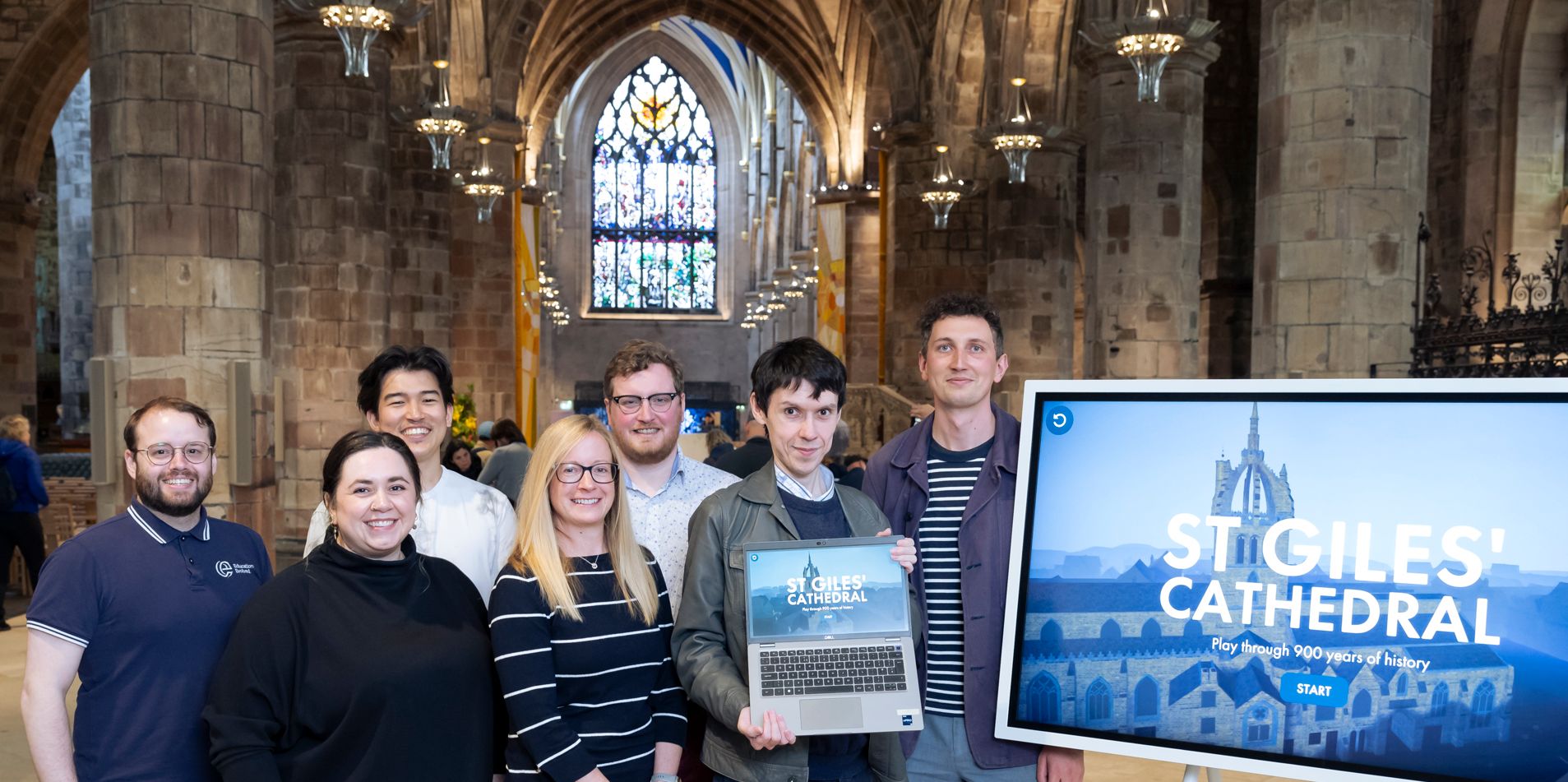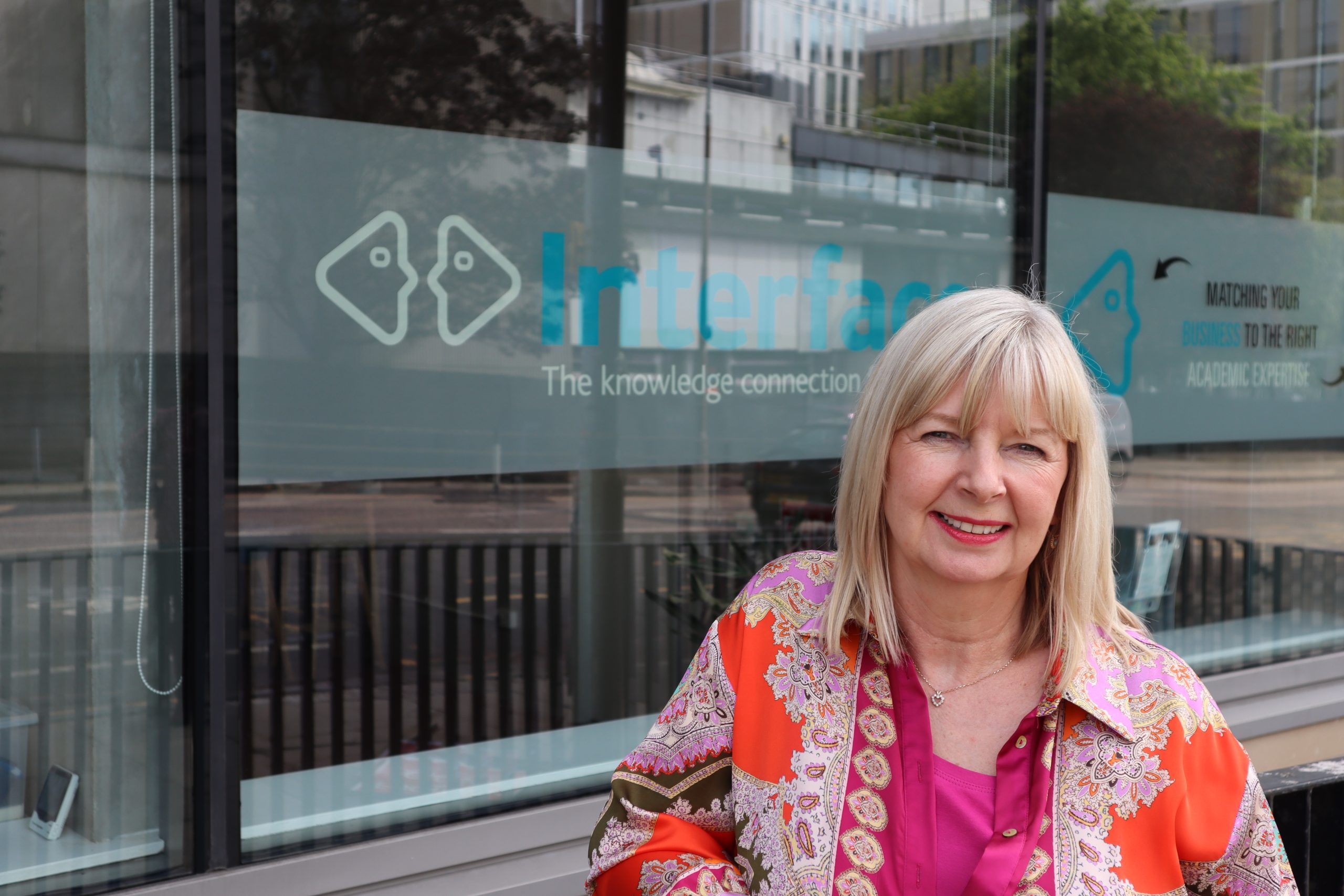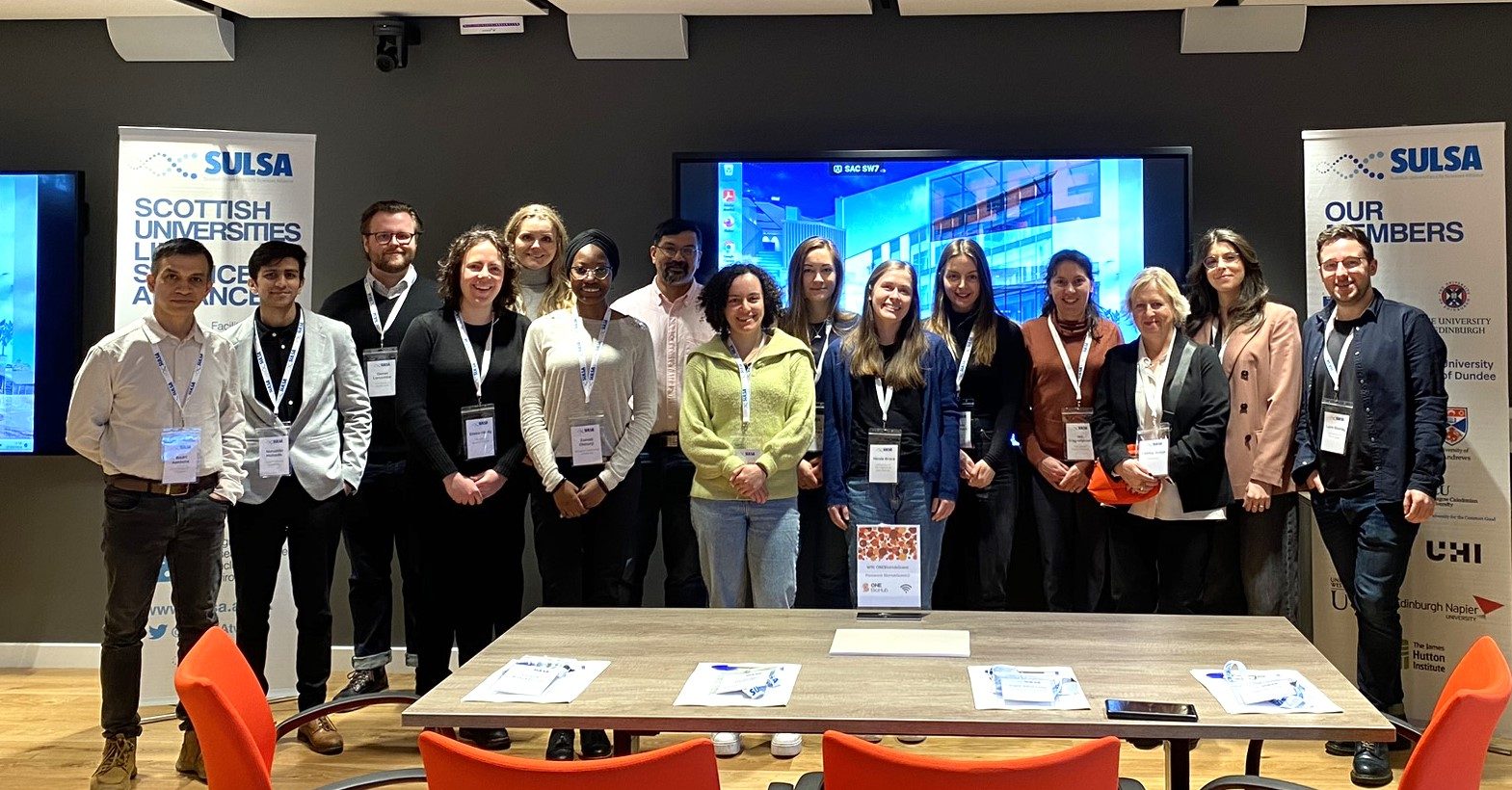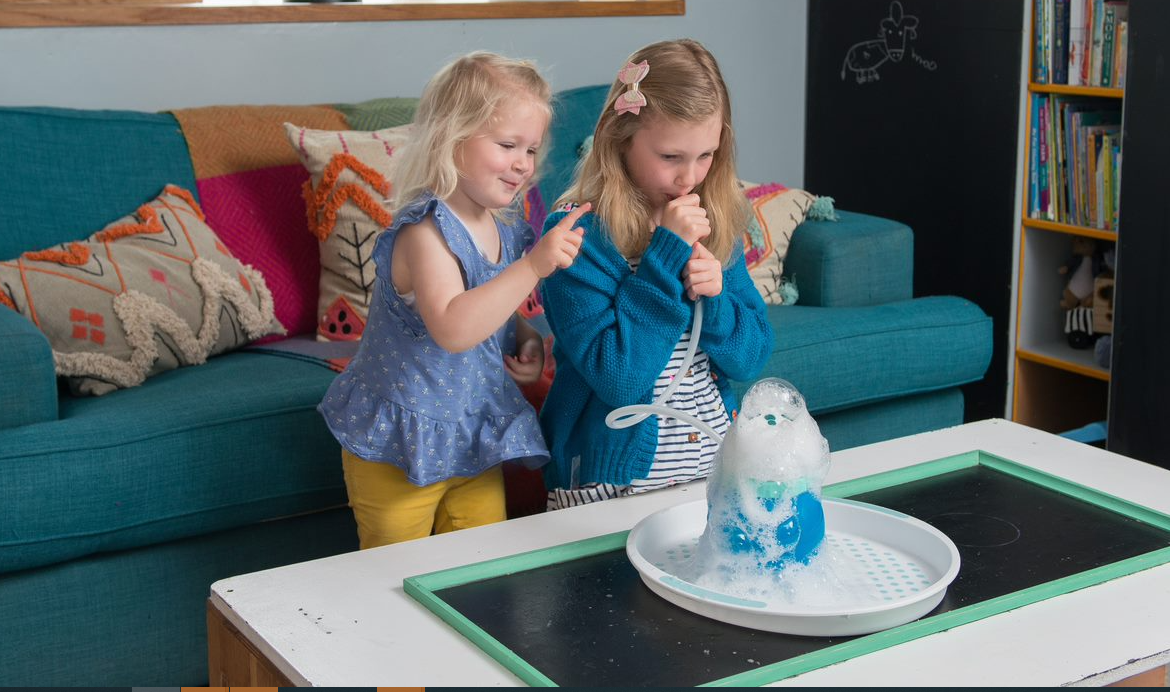Blog
Why I changed my mind about A.I.

Harnessing A.I. to make people’s lives better greatly excites some people and the possibilities seem endless. Its application in healthcare, education and finance are leading the change, however, there are opportunities in every sector.
At Interface, we have connections into all 14 of the higher education computing schools and departments in Scotland, matching academic expertise with businesses looking to harness A.I. in all its many forms, from drones to data-led machine learning.
My colleague Louise Arnold, who supports businesses looking to partner with academics in Edinburgh and Lothian, recently worked with Welbot, a cross-platform, digital intervention and productivity platform, that helps employees stay physically and mentally well in the workplace by learning and adapting to the actions that they take.
The wellness management software encourages stretching, screen breaks, mindfulness, hydration and nutrition, micro exercises and simple, rewarding brain training games and is designed and engineered for both individual and large-scale enterprise use.
Now, I confess to being a late adopter of most things digital (I’m not rushing to buy a voice-activated “home assistant”), however, I do recognise the danger to health of sitting too much at home, at work, whilst socialising, and the benefits of keeping active physically and mentally. A device which can prompt me to stretch, take screen breaks and remind me to drink water would be welcomed.
Welbot wanted to collaborate with a university to understand how they could extract knowledge and insights from data and machine learning, especially around autonomous, self-teaching systems that can analyse data and provide insights into human behaviour.
Louise connected the company with the Department of Computing and Information Science at the University of Strathclyde, and with the backing of a Scottish Funding Council Innovation Voucher, developed a proof of concept prototype to incorporate the findings into the application roadmap.
Louise’s experience of supporting businesses meant that she saw the opportunity to provide additional support to the company by partnering them with marketing and business students at both the University of Strathclyde and the University of Edinburgh. Welbot are also working with experts in behavioural sciences within the University of Strathclyde, University of Edinburgh and University of Aberdeen.
Another project which Louise has been involved in, and which is music to my ears, is Inbest, a platform to help people learn and understand finances better.
The company behind Inbest, Investment Solver, uses machine learning to alleviate a problem faced not only by UK citizens but by consumers across the world in that it helps to measure, track and improve the financial well-being of UK consumers. The research project evaluated whether consumers:
- have a sustainable spending pattern and manageable debt levels to maintain their existing lifestyle.
- have enough rainy day funds to face unexpected events.
- have adequate savings to ensure that they will be able to maintain their lifestyle at retirement.
All three are financial subject areas which I definitely need help with!
This collaborative project was funded by the Data Lab, one of Scotland’s innovation centres, and the academic partners were The University of Edinburgh and Edinburgh Napier University.
These are just two stories of innovation, collaboration and sharing of knowledge between business and academia – there are many more examples here.
And for further inspiration DemoFest: Bringing Research to Life brings together academics, businesses, researchers, public sector and government under one roof (Dynamic Earth in Edinburgh) on 6 November.
It is the perfect opportunity to see what is available in our world-class universities with cutting-edge demos, talks and networking – and to catch up with Interface!
If you can’t make DemoFest and would like further information on how Interface could help you contact us.



